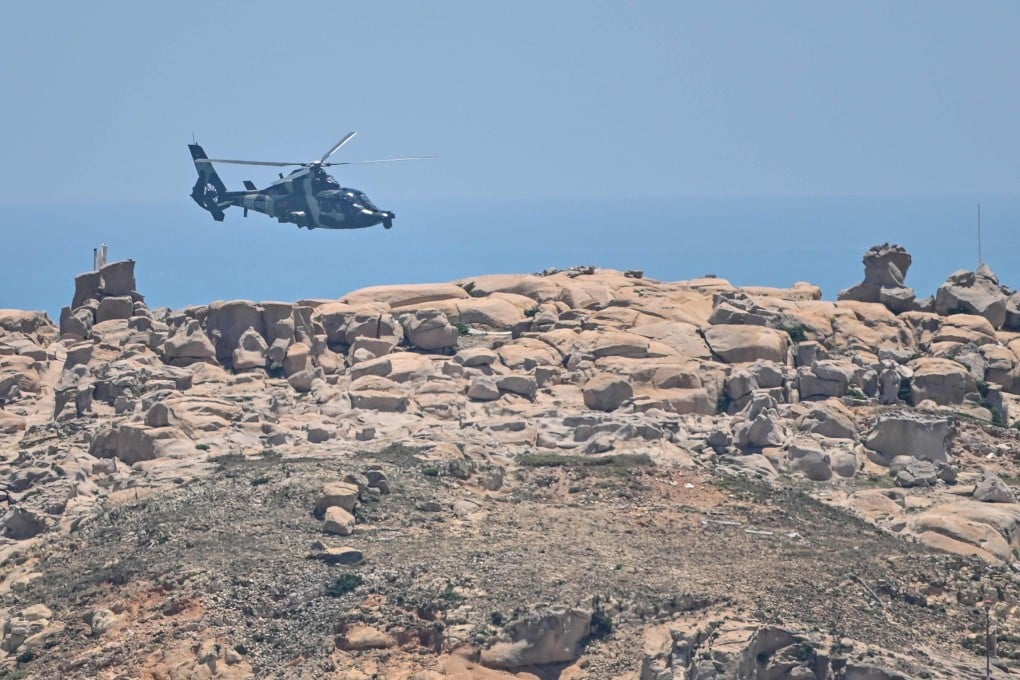Asean urges ‘maximum restraint’ as China holds war games after Nancy Pelosi’s Taiwan trip
- Beijing has mobilised an unprecedented military drill that will run until Sunday afternoon in response to the US official’s visit to Taipei
- Amid heightened tensions, Chinese Foreign Minister Wang Yi walked out before the start of a gala dinner in Cambodia attended by his US and Japanese counterparts

Highlighting the raised tensions, Chinese Foreign Minister Wang Yi walked out before the start of a gala dinner in Cambodia attended by his US counterpart, Reuters reported, citing witnesses who saw the top diplomat leaving the venue in a vehicle.
Wang waved to journalists as he entered a holding room for the event then departed without giving a reason, Reuters reported. US Secretary of State Antony Blinken and other foreign ministers, including Japan’s Yoshimasa Hayashi, attended the dinner, along with senior Asean diplomats.
Asean is hosting a meeting of 27 countries in Phnom Penh, but Wang and Blinken will not meet each other one-on-one in Cambodia, and talks between Wang and Hayashi were scrapped after the G7 issued a statement urging Beijing to resolve tension over Taiwan peacefully.
